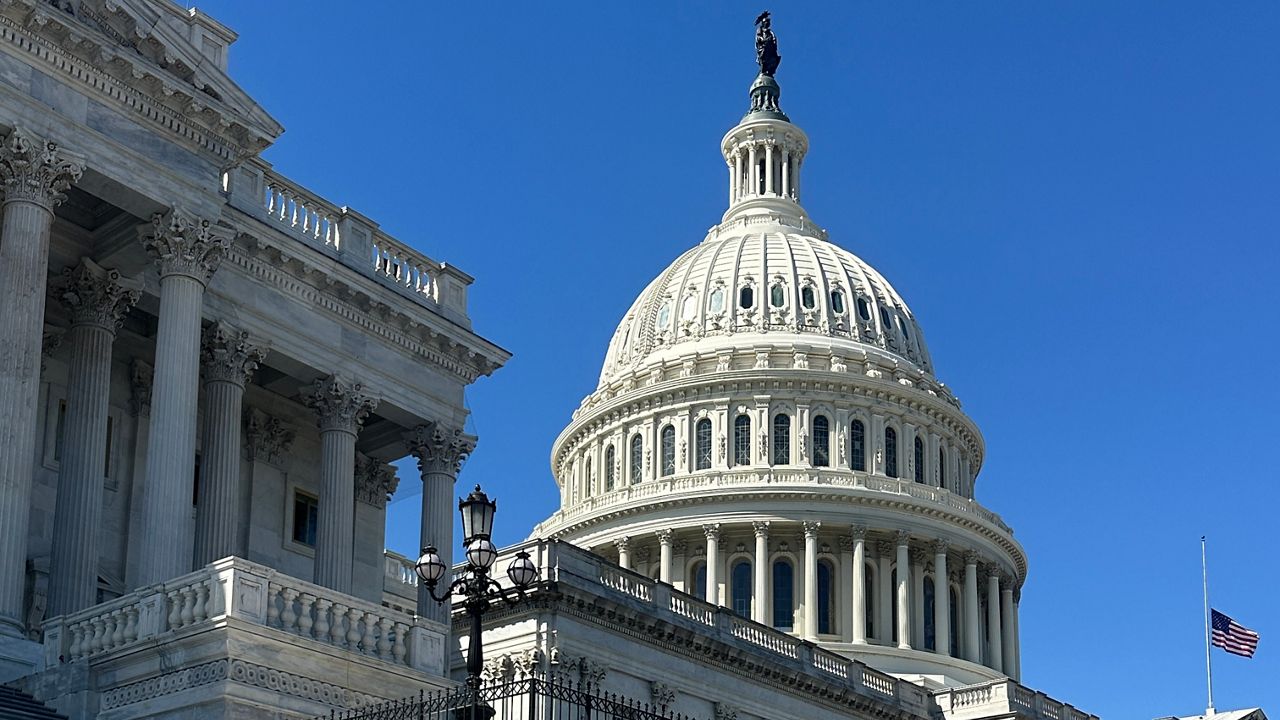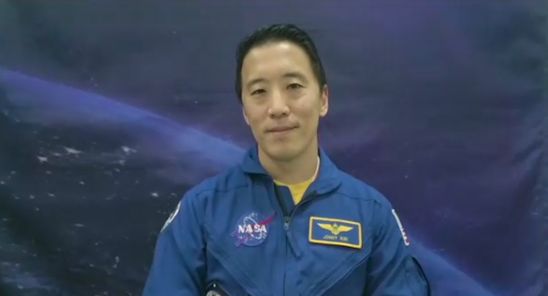WASHINGTON — The Senate Budget Committee heard testimony Wednesday on the effects of climate change on ocean industries.
Thomas Frazer, a professor and dean of the College of Marine Science at the University of South Florida, testified on ocean warming and the impacts on fisheries.
“As the ocean warms, some warm water species can expand their ranges northward, but some cold water species will be forced to contract their ranges," he said. "Thus, the location and size of catches for commercial and recreational fishers will change. As the ocean warms, we will also see changes in habitats.
"For example, warmer water stresses inshore structural habitats such as sea grasses and corals that provide food and shelter for many fishery species."
Another witness, Kyle Schaefer, who works as a fishing guide in Maine and also owns a fishing lodge in the Bahamas, says he’s seen these effects firsthand.
“As I position my boat searching for striped bass, foreign fish now cross my bow that I’ve never seen in my home waters in Maine before," he said. "Species that are typically found south of the Gulf of Maine, like Atlantic bonito and black sea bass, are becoming common sights, with black sea bass quickly adapting their range northward. They’re gorging on baby lobsters competing with other species and causing a major impact on the ecosystem's balance."
Frazer said instead of looking at specific species, states, national agencies and organizations should focus on ecosystems as a whole.
“Our management of habitat needs to include increased protection from pollution, freshwater runoff, and other stressors under our control, so that the habitats have the best chance of coping with warming water," he said. "We should also be prepared to restore habitats if needed, which includes developing new techniques for culturing and transplanting replacement organisms, exploring genetics to identify more tolerant strains in organizing supply chains that operate at the necessary spatial scales."
The chairman of the committee, Sen. Sheldon Whitehouse, a Democrat from Rhode Island, noted marine industries like fisheries “employ nearly 2.3 million workers and contribute more than $430 billion to overall GDP.”
But, Republican Sen. Ron Johnson, of Wisconsin, criticized the cost of climate-related initiatives that have gone into law and questioned their effectiveness.
“If Democrats want to discuss budgetary proposals related to climate change, we can have that debate, but it’s clear they don’t," Johnson said. "They prefer to spread the climate alarm rather than face our fiscal reality."
Frazer also testified that warming oceans are leading to more intense, or "compound flooding" as “warmer water fuels wetter storms.”




?wid=320&hei=180&$wide-bg$)




